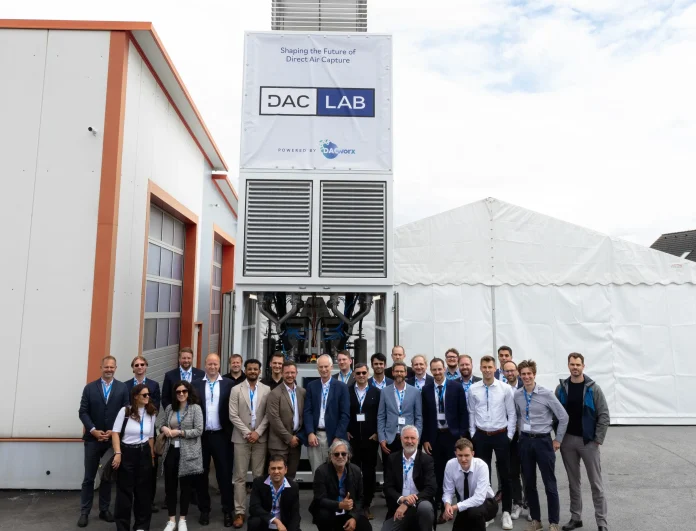The startup DACLab claims its CO2 capture technology requires less energy than its competitors.
Many countries have promised to reduce emissions, but last year the world once again broke carbon dioxide records. Experts say the problem cannot be solved without directly extracting CO2 from the air. But the technology is expensive: typically, about 2,000 kWh of energy is required to capture just one ton.
The Austrian startup DACLab claims to have already made progress. According to co-founder Aditya Bhandari, their system consumes approximately 1,500 kWh per ton, and in the future, this figure could be reduced to 1,000.
The company operated “in the shadows” for nearly four years. Now, it’s going public after raising $3 million in funding. Investors include Peter Relan, an early backer of Discord, and several prominent venture capitalists.
The key feature of the technology is that CO2 capture and release occur in separate modules, rather than a single unit. Furthermore, the sorbent is heated at a lower temperature than usual—around 70°C. This approach is used in industry, but has rarely been applied to air.
DACLab has already built two units, each capable of capturing up to 100 tons of carbon dioxide per year. The first unit is planned for deployment in the United States, the second in Kenya. Future versions with capacities of 1,000 and even 5,000 tons will be developed.
According to the company’s management, a 100-ton unit costs less than $500,000. Their primary customers are oil and gas companies, carbon project developers, and synthetic aviation fuel producers.
The company itself acknowledges that it is unlikely to reach the $100 per ton price promised by some startups anytime soon. However, by reducing energy consumption below 1,000 kWh, the cost could be reduced to $250 per ton. “We want to relaunch the market, without grandiose promises and inflated forecasts,” says Bhandari.

